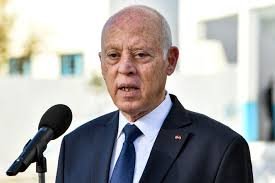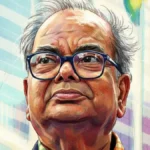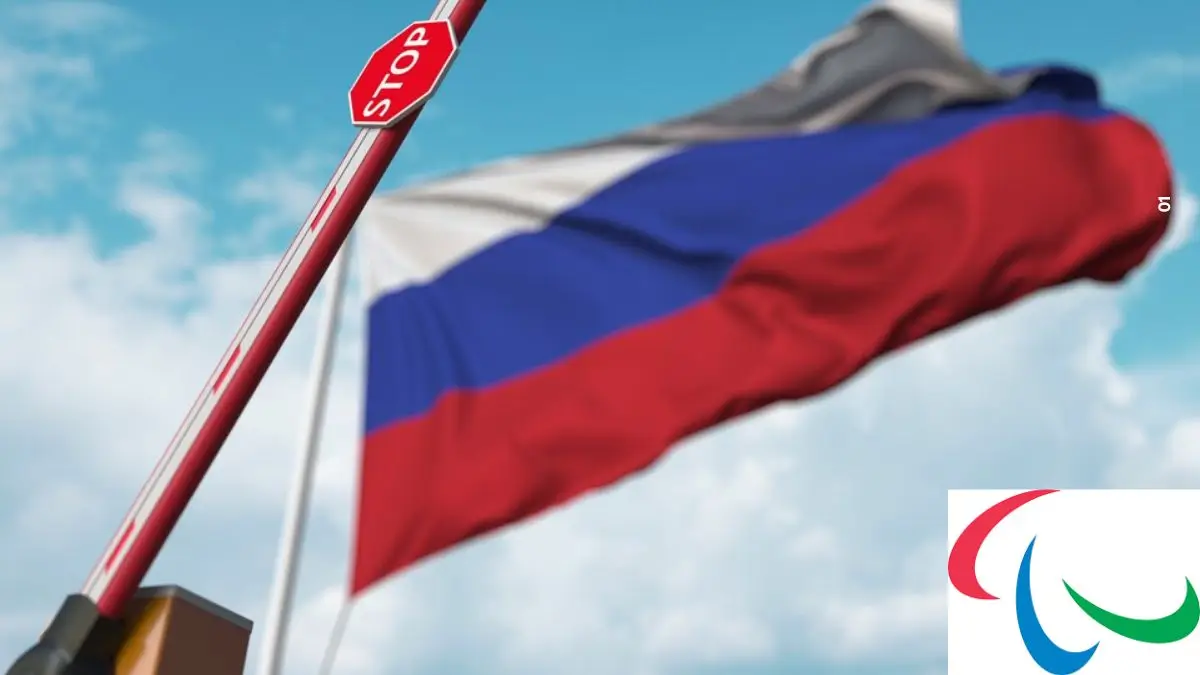Tunisia’s President Kais Saied Secures Second Five-Year Term
In a significant political development, Kais Saied has been re-elected as the President of Tunisia, marking the beginning of his second five-year term. The election results, which were announced recently, confirmed Saied’s overwhelming support among the Tunisian populace. His victory comes amid various challenges facing the nation, including economic hardships and political unrest. This article will delve into the implications of his re-election, the current state of Tunisia, and the future that lies ahead under his leadership.
The Electoral Process and Results
The presidential election took place against the backdrop of Tunisia’s ongoing political and economic challenges. Kais Saied emerged victorious with a substantial margin, securing nearly 80% of the votes cast. His primary opponent, who campaigned for political reform and economic stability, garnered only 20% of the votes. The election saw a notable turnout, reflecting the citizens’ commitment to participating in the democratic process despite their grievances about the current state of affairs.
Saied’s Policy Agenda and Future Plans
During his first term, Saied focused on a range of issues, including judicial reforms, economic revival, and tackling corruption. His administration has been characterized by a strong emphasis on national sovereignty and a rejection of foreign intervention. As he begins his second term, Saied has promised to continue his efforts to address economic woes and improve living standards for Tunisians. His administration aims to implement a series of reforms that prioritize economic growth, job creation, and social justice.
Reactions to the Re-election
The reaction to Saied’s re-election has been mixed. While many supporters celebrate his victory, viewing it as a mandate for continuity, critics express concerns about potential authoritarianism and the lack of political pluralism. Protests have erupted in various cities, highlighting the divisions within Tunisian society. It remains to be seen how Saied will navigate these challenges and unite a fractured nation during his second term.

Why This News is Important
Political Stability in Tunisia
Kais Saied’s re-election is crucial for the political stability of Tunisia, which has experienced significant upheaval since the 2011 Arab Spring. His continued leadership is expected to provide a sense of continuity amidst ongoing challenges, which is essential for fostering a stable political environment.
Implications for Democracy
The electoral process and Saied’s subsequent victory raise questions about the state of democracy in Tunisia. Observers are keen to monitor how his administration will balance the demands of governance with the principles of democratic engagement, particularly in light of the protests and dissent.
Economic Impact
The new term will have significant implications for Tunisia’s economy, which is grappling with high unemployment and inflation. Saied’s policies and initiatives will play a pivotal role in determining the country’s economic trajectory over the next five years.
Regional Influence
Saied’s re-election may also impact Tunisia’s role in the broader North African region. His policies towards neighboring countries and international relations will be closely scrutinized, as they may influence regional dynamics and alliances.
Global Attention
As a nation that has been a symbol of democratic transition in the Arab world, Tunisia’s political developments are of global interest. Saied’s second term will be watched closely by international observers, as it could set a precedent for other nations in similar contexts.
Historical Context
Tunisia has a rich history of political transitions, particularly since the Arab Spring in 2011, which led to the ousting of long-time president Zine El Abidine Ben Ali. This period marked the beginning of a new democratic era, characterized by free elections and a vibrant civil society. However, subsequent years have seen political instability, economic challenges, and a struggle to maintain democratic gains. Kais Saied, a political outsider and law professor, was elected president in 2019 amid a backdrop of public disillusionment with traditional political parties. His first term was marked by a focus on anti-corruption measures and national sovereignty, as well as controversial moves to consolidate power. Saied’s recent re-election signals both the challenges and aspirations of the Tunisian people in their quest for stability and progress.
Key Takeaways from “Kais Saied Secures Second Term”
| Serial Number | Key Takeaway |
|---|---|
| 1 | Kais Saied won nearly 80% of the votes in the presidential election. |
| 2 | His re-election signifies continuity in leadership amid ongoing challenges. |
| 3 | Saied’s policy agenda focuses on judicial reforms and economic revival. |
| 4 | There are mixed reactions to his victory, with protests highlighting societal divisions. |
| 5 | His administration’s success will be crucial for Tunisia’s political stability and economic growth. |
Important FAQs for Students from this News
Who is Kais Saied?
Kais Saied is the President of Tunisia, first elected in 2019. He is a former law professor known for his focus on national sovereignty and anti-corruption measures.
What percentage of the vote did Kais Saied receive in the recent election?
Kais Saied secured nearly 80% of the votes in the presidential election, indicating significant support among the Tunisian populace.
What are the main challenges facing Tunisia currently?
Tunisia faces several challenges, including economic instability, high unemployment rates, inflation, and political dissent.
What are Kais Saied’s main priorities for his second term?
Saied’s priorities include judicial reforms, economic revival, job creation, and social justice for the Tunisian people.
Why is Kais Saied’s re-election significant for Tunisia?
His re-election is crucial for political stability, potential economic recovery, and maintaining Tunisia’s role as a democratic example in the Arab world.
Some Important Current Affairs Links

















